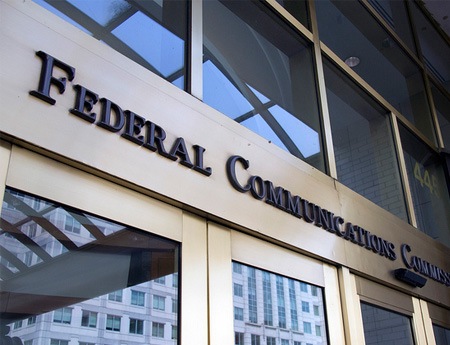ACA Pushes FCC for End to Overbuild Condition
The smarter way to stay on top of the multichannel video marketplace. Sign up below.
You are now subscribed
Your newsletter sign-up was successful

The American Cable Association has filed a letter with the FCC on behalf of 38 small and mid-sized ISPs asking the FCC remove the overbuild condition in the Charter-Time Warner Cable merger.
"[W]e all have plans to invest in improved network technologies to offer greater performance or to expand our networks into unserved areas. Unfortunately, the merger condition requiring Charter to overbuild other providers has undermined those plans to provide improved services and reach new customers," the ISPs told the FCC. "We write to encourage the Commission to act in the best interests of millions of unserved and underserved customers by eliminating the overbuild condition."
The letter went to all three commissioners, but ACA is definitely preaching to the choir when it comes to FCC Chairman Ajit Pai and likely commissioner Michael O'Rielly, which would be a majority of the commission at the moment.
FCC sources have told Multichannel News that Pai circulated an item last month to adjust the Charter-Time Warner Cable deal buildout condition so that it would no longer require Charter to overbuild where a million homes were already getting broadband service.
The 2 million buildout requirement remains, but according to the item that could now all be buildouts to currently unserved homes, with no overbuilding, though Charter could still choose to overbuild those one million. They are just no longer required to do so. (Charter last year said it intended to focus its overbuild activity on telco broadband providers, not other cable companies.)
What was being circulated was, in fact, the granting of a petition for reconsideration of the deal condition by the ACA, which had asked that the overbuild requirement be removed.
ACA members serve 7 million subscribers that could theoretically be targets for overbuilds.
The smarter way to stay on top of the multichannel video marketplace. Sign up below.
An FCC source said Pai's motivation for scrapping the overbuild condition is that it is more important to build to unserved houses to close the digital divide than to provide high-speed service where there is already high-speed service. He does not want the overbuild condition to be a disincentive for Charter to serve those unserved homes.
FCC officials were not available at press time to comment on the status of the chairman's grant of the petition.
If all three voted it, then the two Republicans could make it happen. But if Democrat Mignon Clyburn does not vote, it the majority would need to schedule the item for a public meeting and vote it there.
Last May, when the Charter-Time Warner Cable order was released, then-commissioner Pai blasted the overbuilld condition, and the buildout condition as well. "Charter’s increased broadband market share will come at the expense of smaller competitors," he said, adding that the order moved the FCC "one more step down the path of micromanaging where, when, and how ISPs deploy infrastructure."
Pai actually dissented from the order, but not because he thought the deal was not in the public interest, but because he thought the conditions the FCC majority extracted from the companies in what he signaled was an effort to micromanage the wider Internet economy, were not.
Contributing editor John Eggerton has been an editor and/or writer on media regulation, legislation and policy for over four decades, including covering the FCC, FTC, Congress, the major media trade associations, and the federal courts. In addition to Multichannel News and Broadcasting + Cable, his work has appeared in Radio World, TV Technology, TV Fax, This Week in Consumer Electronics, Variety and the Encyclopedia Britannica.

